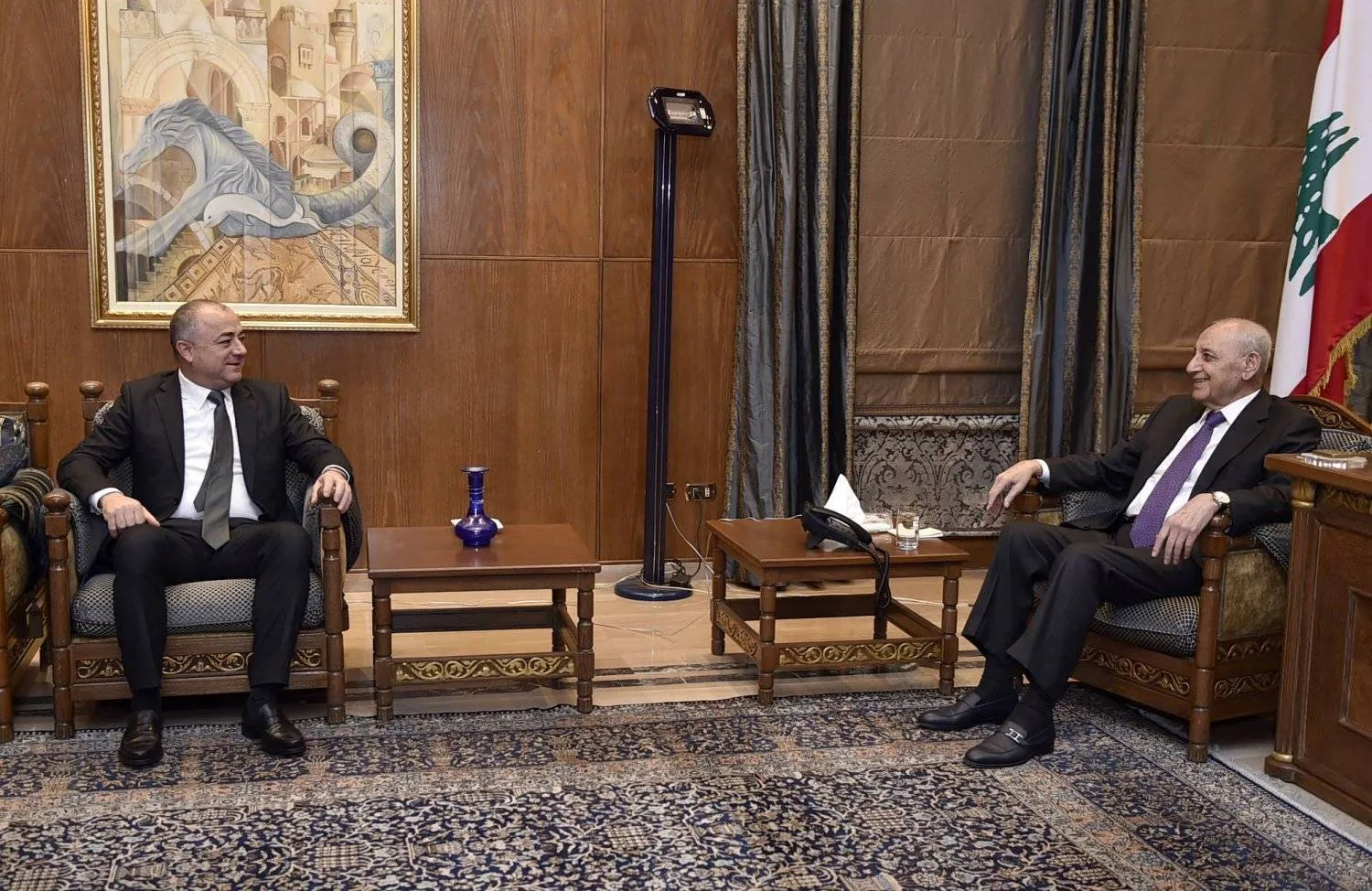The global community closely watched the recent statement from Hezbollah’s leader, Hassan Nasrallah, seen by many as a potential signal for diplomatic solutions to the conflict with Israel.
This has sparked attention across the region.
The arrival of US envoy Amos Hochstein in Lebanon, while lacking a detailed plan, is expected to at least initiate discussions on a post-Gaza war action plan.
Hezbollah still holds onto its initial stance, considering southern Lebanon as a supportive front for Gaza.
However, Nasrallah’s recent comments suggest a possibility for diplomatic options, leading observers to believe the party may be seeking a way to step back from its involvement in the war.
A former mediator revealed that Hezbollah remains firm in blocking any potential resolution.
The US sent questions to Hezbollah, but the party provided no answers, stating to come back after the end of the Gaza war.
This silence is seen by the Americans as a response in itself.
Ahead of Hochstein’s visit to Lebanon, a meeting in Rome between Lebanese Deputy Speaker of Parliament Elias Bou Saab and Hochstein aimed to clarify issues.
Lebanese leaders are awaiting potential commitments from Hochstein, possibly secured from Israel.
Meetings are being held to keep all sides informed, and there is hope that Hochstein’s visit will pave the way for stability in Lebanon.
Bou Saab emphasized that it’s clear the US and Israeli demands focus on stabilizing the southern region and northern occupied Palestinian territories.
The Lebanese official rejected the idea that war, as suggested by Israel, will bring back settlers, stating that war is not the solution.
He emphasized the need for diplomatic efforts and dismissed the belief that war can resolve the situation, calling it a misguided notion.









